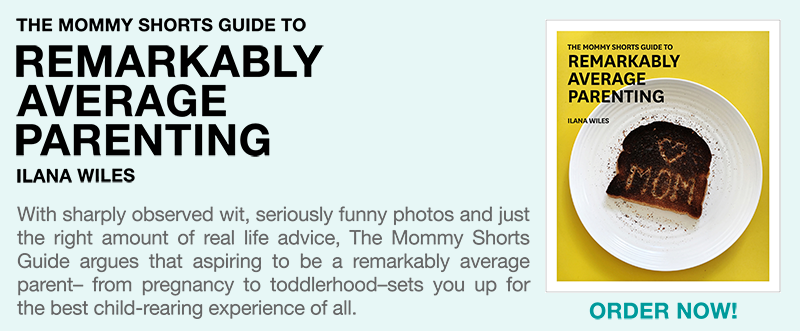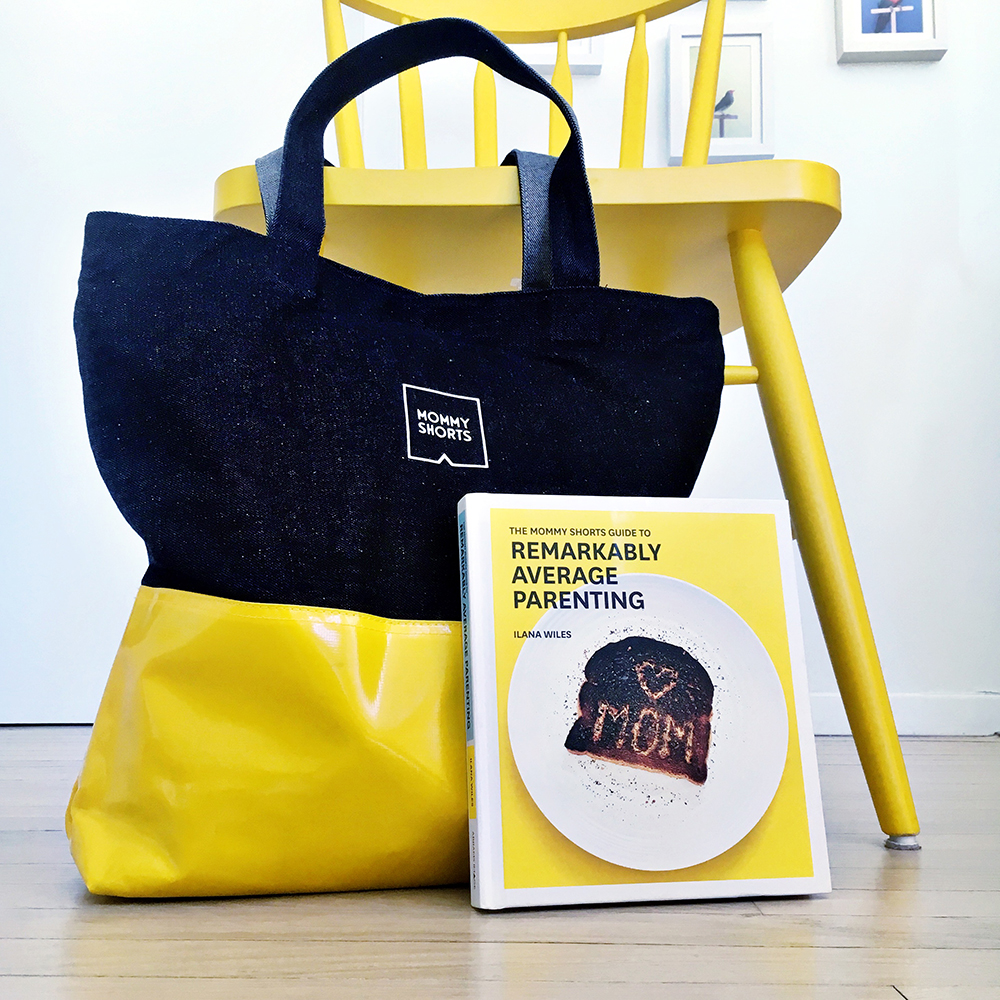This post was written by Liz Faria.
I’ve always been a Facebook person. It’s where I go to see what’s going on with my extended family, my friends, and my kids’ schools. It’s how I know whose birthday it is and what stories are trending. It’s even where I shop— I have a FB Marketplace addiction. I mean, the deals! But Facebook is also where I’ve gotten lost scrolling obsessively through comment threads that are a strange combination of appalling and appealing. It’s like a train-wreck. Against my better judgement, I can’t look away. Recently, it’s how I’ve been getting more of my news. I’m aware that the algorithms are skewing the content to suit my predispositions, and yet, despite myself, I keep scrolling and clicking away.
For months (years, maybe?), I’ve had the growing sense that the social media platforms I heavily rely on are no longer serving me well. Even more lately, I find myself wandering into one social media platform or another only to find myself angry, agitated, and more stressed out than when I began. Platforms that used to be for innocent real life updates have become unmistakably hostile. Until finally, I decided I didn’t want to be there so much anymore.
My friend recommended the book “How to Break Up With Your Phone,” which is a quick and helpful read. Some of the key takeaways involve making changes to your phone’s settings and home screen to make it less addictive (and make no mistake: phones and social media apps are designed explicitly to be addictive). If you feel like you just can’t put your phone down, you probably can’t, and that is absolutely not an accident. Everything about smartphones and apps are designed with exactly that end goal in mind (if you’re wondering why, it’s so that you stay on the various platforms longer in order to increase revenue for advertisers).
I’m the target for these apps and devices, and so are you. Every morning, for at least the past several years, I’ve woken up, rolled over in bed, and grabbed the first thing sitting next to me: my cell phone. I never thought much about its placement overnight, just like I hadn’t thought much about its placement during the rest of the day. It was always simply there, an extension of myself that came with me everywhere.
I’m old enough to remember a time when a phone wasn’t attached to my body like a limb demanding constant attention. And lately, more and more often, I’ve been questioning the health of this relationship. I know I need my phone, but should we really be this entangled?
And then there’s this: the nagging thought that my perception of the world inside my phone and my perception of the world outside my phone don’t always have a lot in common. Inside my phone, the world is an utter disaster, all the time. Everything (really, basically everything) feels on the brink of collapse. It’s the end times in there. And to be fair, a lot of shit is happening right now. My phone didn’t make it up.
But, here’s the other reality— outside of my phone, in the world beyond that small device, the world feels somewhat okay.
Great? No, it doesn’t feel great.
The masks and the closed down businesses are everywhere I look. As I drive through town, I see Black Lives Matter signs hanging across the street from their Blue Lives Matter counterparts, arguing silently from one porch to the next. All of these things remind me that we are indeed in a precarious place as a country. The fires are really burning in California. I’m not trying to deny reality.
But the experience of being a person living through 2020 is already hard enough. When it’s turbo charged by the constant updates from our phones, repeatedly reminding us JUST HOW BAD things are, everything becomes worse, and there is no break from it.
I want to be aware of what’s going on in the world. But I would argue that it’s perfectly possible to be informed and active regarding the causes you care about without spending five hours a day fighting with everyone from your great uncle to your child’s dental hygienist about the state of the union. I would argue that there are more productive ways that most of us could be spending our time to fix the planet than getting into endless battles on Twitter.
Also, I am tired. Tired of all the noise on the internet. Tired of getting mad every time I glance at my phone. And tired of feeling that constant pull toward a pocket-sized device that is doing the very thing it was built to do— suck my attention again and again, whether I liked it or not.
So, I did what the book recommended:
1) I got rid of all of my notifications. This stopped the relentless pinging of my phone. It’s like a toddler repeatedly screaming, “Mom! Mom!” Begging you to pay attention even when nothing important is happening. With notifications gone, everything is still there for me, but when I make the choice to look at it.
2) I deleted all social media apps from my phone. I did not delete my accounts, although that might be an even healthier decision to make. I simply deleted the apps, so that if I want to log on to Facebook, or whatever other platform, I now have to go to my computer. This means my online social connections are all still in tact, they just don’t follow me out of the house.
3) I deleted the around-the-clock notifications announcing “Breaking News” every 10 seconds. I still get daily emails from my two favorite newspapers, summarizing the most important information from the day. This is more than sufficient to stay current on the big stories. Plus, by the time these stories are printed, they have been fact checked and offer a much more in-depth analysis than the headline news just trying to break first.
4) I stopped using my phone before bed! I now put my phone away to charge it in the bathroom, before I even get into bed at night. Instead of having the temptation of the phone right next to me, I put a book on my nightstand instead. Since I started implementing these changes, I’ve already read several novels that I never would have thought I had the time to read. Reading books gives my mind a chance to actually unwind before trying to go to sleep, instead of ramping it up with commentary on the latest catastrophe.
These may seem like small changes, but they’re not. It’s astonishing how often we grab for our phones during the day and even in the middle of the night, filling up every spare second of our time, until our minds forget what an unfilled moment feels like.
It turns out I had been longing for a truly undistracted moment. I realized that my Facebook feed had been constantly steering me toward one specific stream of thought or another, which made me miss out on my own interpretation of events. And the more I felt stressed by the news, the more I was turning to my phone to distract me, ignoring the fact that it brought on additional stress.
I haven’t given up social media entirely. I can still log on once or twice a day to see what notifications pop up so I don’t miss a birthday, or any really important updates. But I can also walk around more freely, without that constant temptation to look just one more time to see what I might be missing. I’ve learned that the fires are burning whether we check the news once each night, or 50 times throughout the day. I’ll hear when a vaccine comes out, whether or not my notifications are set to alert me the very instant an announcement is made.
I don’t want to miss the news, but I also really, really don’t want to miss out on so much of my own life.
Sometimes living inside our own personal experience is a healthier place to be.
—————————–
Liz Faria is a Mommy Shorts contributor and a licensed independent clinical social worker. She’s been working with children and families for 19 years and chronicles her own tales of motherhood on her blog A Mothership Down.


























[…] Continue reading on Mommy Shorts. […]
I did the change few weeks ago too, deleted FB and IG from my phone. So much better and so much freedom to mind. I found that my mind can slowdown now and focus on the reading, i can go out on a walk with my girls without thinking about social media and be present with them.
i still need to install the habit of moving the phone away from the bed.
I turned off breaking news 4 weeks into quarantine and I noticed a significant improvement in my mental health. I was less agitated with my kids especially. I need to find an alarm clock that I can set multiple alarms on to get me out of bed to workout so I no longer have to have my phone next to me before and after sleeping. Thank you for this post!